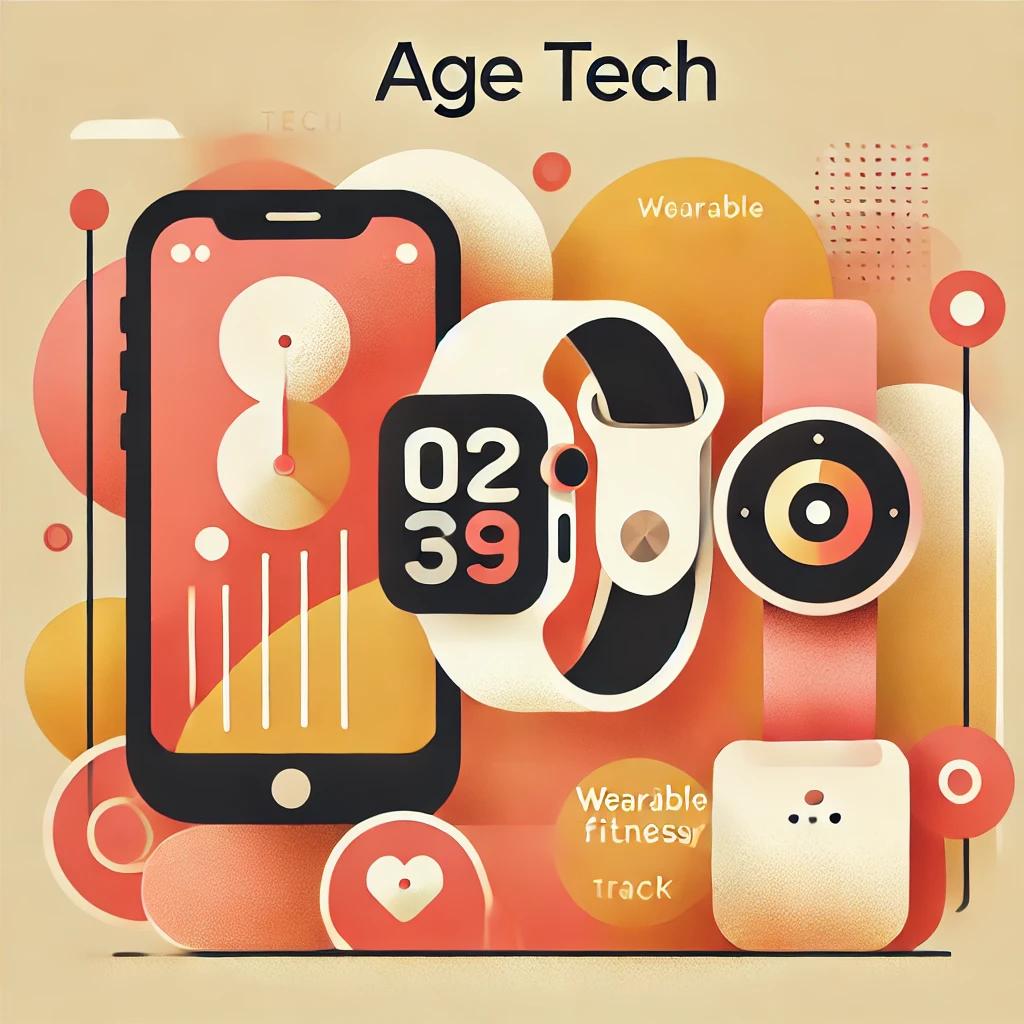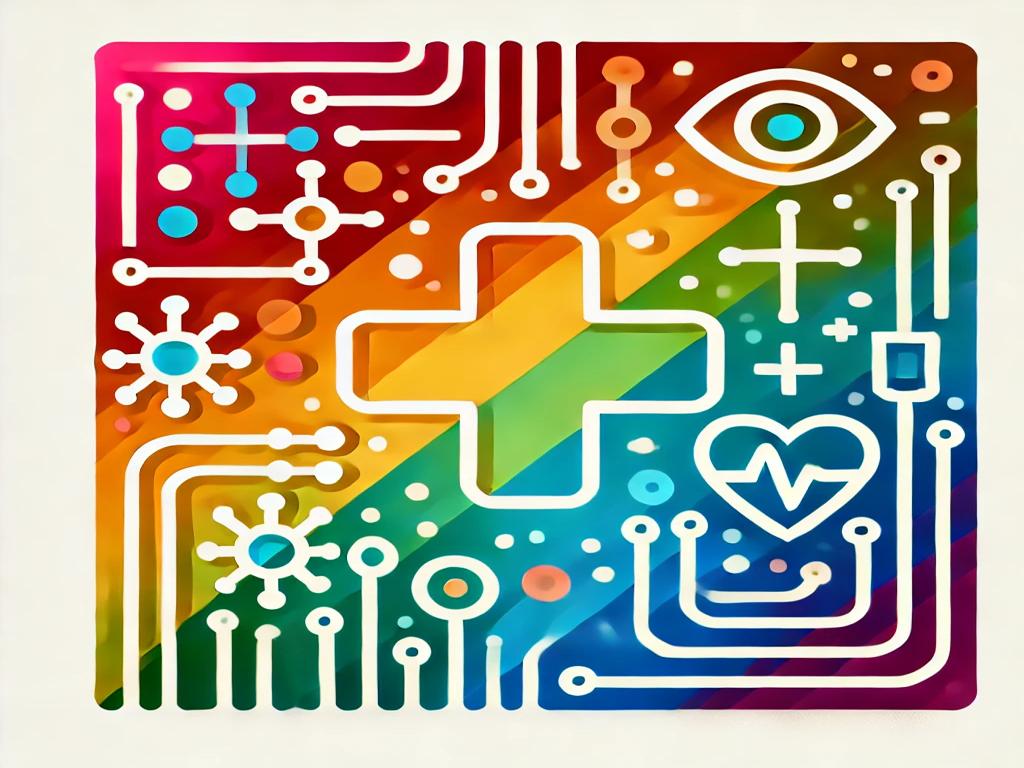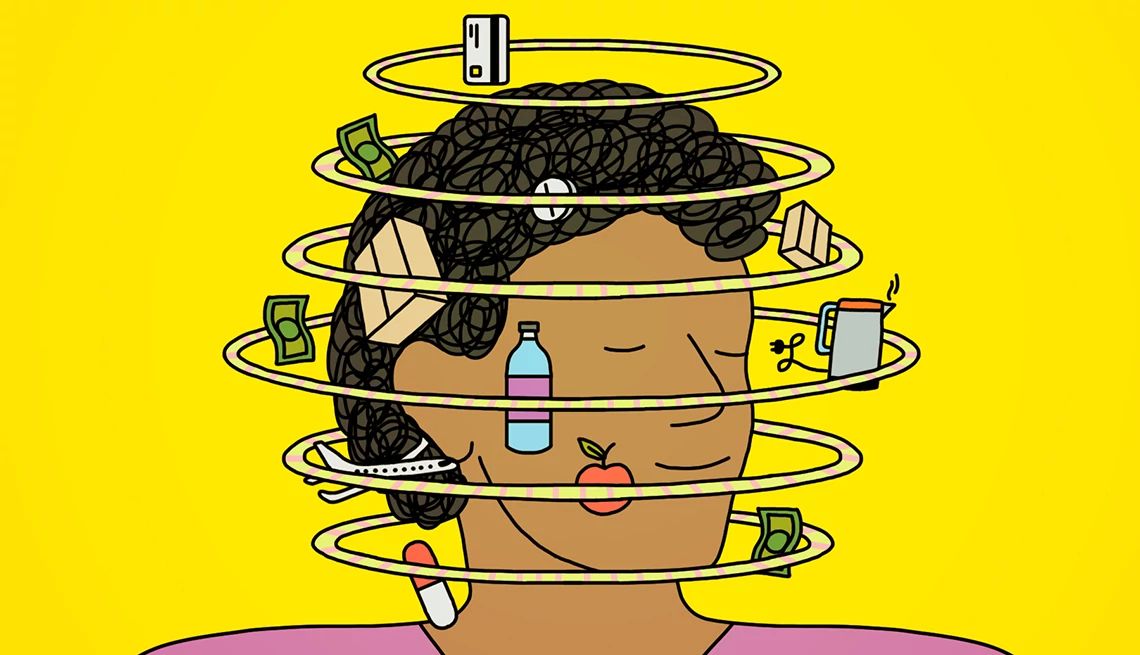Noting from studies how easily AI-powered chatbots can be manipulated to craft convincing phishing emails.
Connected care in the home has the potential to address both the preferences of older adults and the societal imperative to care for a rapidly growing aging population
A practical guide to understanding autonomous AI agents, why they matter for healthcare governance, and what to do about them.
The growing ecosystem of devices and products serving peoples’ health and well-being shows us that innovators already see the opportunity to serve the fast-growing market for self-care among people 50 years of age and up.
For nearly twenty years, one thing has felt inevitable: when boomers reach “old age,” senior living demand will surge. And yet ..

 Each of several recent years, AARP has surveyed older adults about tech use. This year’s
Each of several recent years, AARP has surveyed older adults about tech use. This year’s  Kudos to AARP - life expectancy impacts tech adoption. For the first time in their published research, AARP’s
Kudos to AARP - life expectancy impacts tech adoption. For the first time in their published research, AARP’s  The WSJ article circles the problem. When 41,000 older adults die as a result of falls each year at a cost of $80 billion (
The WSJ article circles the problem. When 41,000 older adults die as a result of falls each year at a cost of $80 billion ( Older adults will adapt to change and adopt new technology. When an 88-year-old neighbor is filming fireworks with his smartphone, it is easy to see that times have changed. If an affordable technology can be found that meets a personal need (or
Older adults will adapt to change and adopt new technology. When an 88-year-old neighbor is filming fireworks with his smartphone, it is easy to see that times have changed. If an affordable technology can be found that meets a personal need (or  Touch screens are an unending aggravation. Study the
Touch screens are an unending aggravation. Study the  is time for the 'virtual' AgeTech suite. As
is time for the 'virtual' AgeTech suite. As  HLTH 2024 wrapped up last week in Las Vegas – where else? AI was a big topic – transformational, embedded in health tech, capitalizing on the buzz. Or growing caution,
HLTH 2024 wrapped up last week in Las Vegas – where else? AI was a big topic – transformational, embedded in health tech, capitalizing on the buzz. Or growing caution,  The tech user experience – still flawed and in need of fixing. As noted in the May report,
The tech user experience – still flawed and in need of fixing. As noted in the May report,  Concerns about AI are all around, but its future role is inevitable. There it is, one consumer
Concerns about AI are all around, but its future role is inevitable. There it is, one consumer  A new study offers a conundrum, or maybe a marketing problem. Most Americans 50 and older don’t trust AI-generated health information, says a
A new study offers a conundrum, or maybe a marketing problem. Most Americans 50 and older don’t trust AI-generated health information, says a